
Disinformation is becoming more complex and requires diverse skills and perspectives to guide and direct it, says Alexandre Alaphilippe, CEO of EUDisinfo Lab.
In an interview with The Geopost, Alphilippe talks about the biggest challenges that relate to disinformation. He emphasizes the importance of artificial intelligence and dwells on the sophisticated operations of art actors – both Russian and Chinese – that are interfering with the public in Europe and beyond.
Full interview:
The Geopost: Can you please tell us about this year’s edition of EUDisinfo Lab?
Alaphilippe: We are this year in Ljubljana, in Slovenia, and we’re bringing more than 600 participants this year, which is kind of the biggest conference that we ever hosted for the counter disinformation community in Europe, but also beyond. We have participants from America this year. We have participants from South Asia. So it shows how much this growth, that the phenomenon of disinformation is becoming extremely complex, extremely dense and requires a lot of different skills, diversities and perspectives. We’re just out of a session to talk about what’s happening in terms of propaganda and disinformation in the United States and looking back at history to better understand the roots, to better understand what does this mean in terms of new power alliance between autocrats and companies, for instance.
So, our work this year is really to keep on going to explore these trends on the geographical side, but also to start to look at what’s the impact of artificial intelligence, for instance. And there have been a lot of discussions about what AI can do, what AI cannot do, and it’s very interesting to understand that AI is not as much important as what happens after you create deepfakes or AI -generated disinformation. You always need platforms to amplify this information, to spread it around. So, the whole questions will be central in how we can build collective actions together.
The Geopost: Which are new Russian narratives inside the EU society.
Alaphilippe: We see a continuation of operations that we know very well, like Doppelganger, like Matryoshka, like Storm 1516. So, these operations continue. We also look at how these operations, sometimes between different states, between powers, they can share some infrastructure. So what are the nexus between Russian and Chinese foreign interference operations, for instance. So we’re also exploring this and trying to look at how this narrative is also deploying, and what happens, for instance, also in the Middle East, which has been at the center of many disinformation propaganda stories.
The Geopost: Is AI the future to fight disinformation?
Alaphilippe: AI is present, it’s not future. And in both cases, I think the question is less about AI than how we use it and how the platforms around us are spreading it at a very, very high speed. And how we can get away from the recommendations from private platforms that only have one interest is to recommend their own algorithm and not to recommend public service and public information.
/ The Geopost

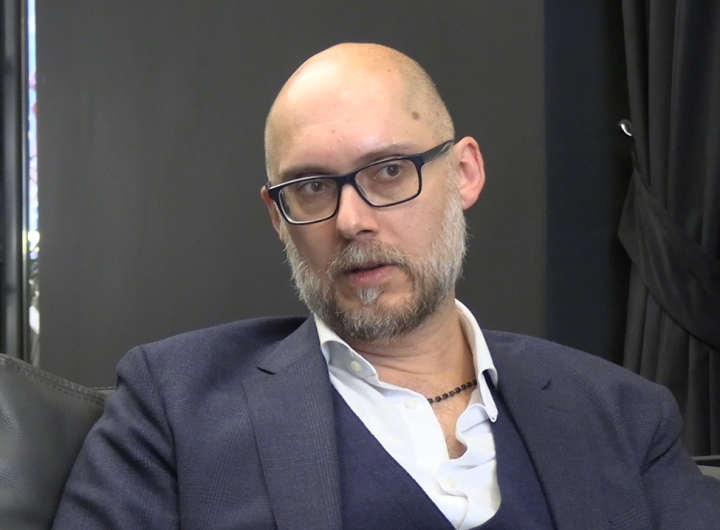 Paolo Palumbo: Russia is strengthening disinformation campaigns through artificial intelligence
Paolo Palumbo: Russia is strengthening disinformation campaigns through artificial intelligence 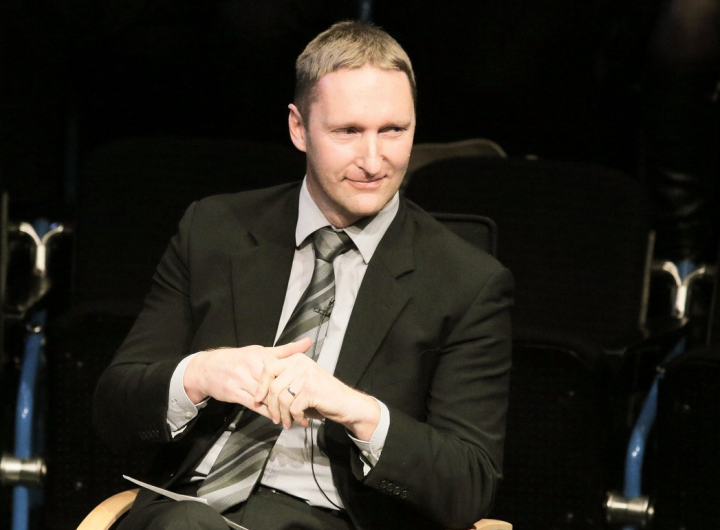 Professor Iztok Prezelj: Balkans influenced by external powers, Serbia serves as an entry point for Russia
Professor Iztok Prezelj: Balkans influenced by external powers, Serbia serves as an entry point for Russia 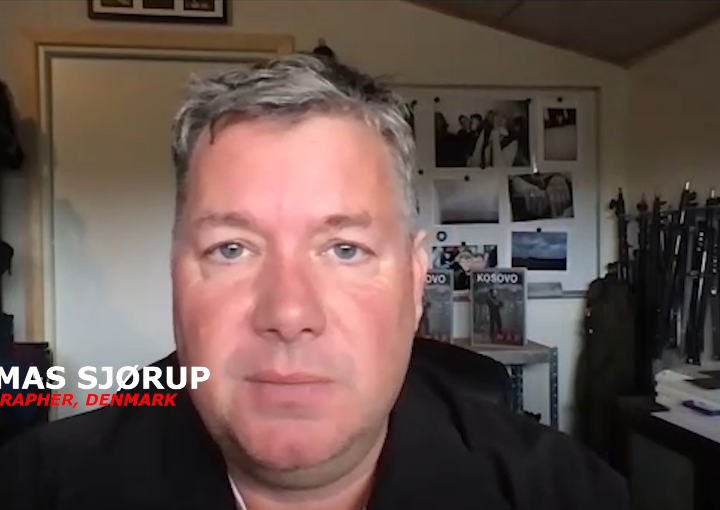 Kosovo through the lens, interview with the photojournalist of 1999
Kosovo through the lens, interview with the photojournalist of 1999 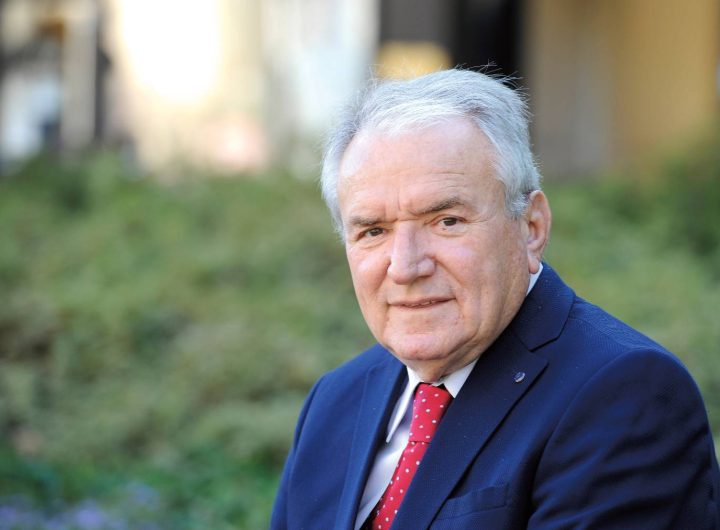 Djukic for The Geopost: There is a civil war in Serbia, the final outcome will be known in a few weeks
Djukic for The Geopost: There is a civil war in Serbia, the final outcome will be known in a few weeks 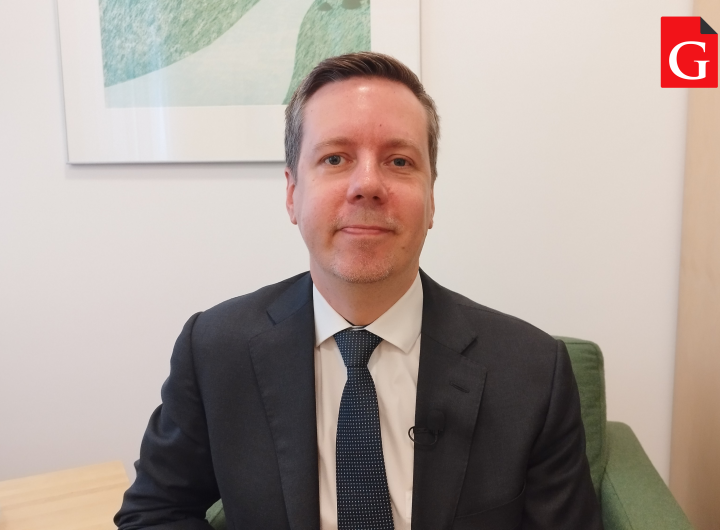 Nissinen: Kosovo is on the right path towards European and Euro-Atlantic organizations
Nissinen: Kosovo is on the right path towards European and Euro-Atlantic organizations 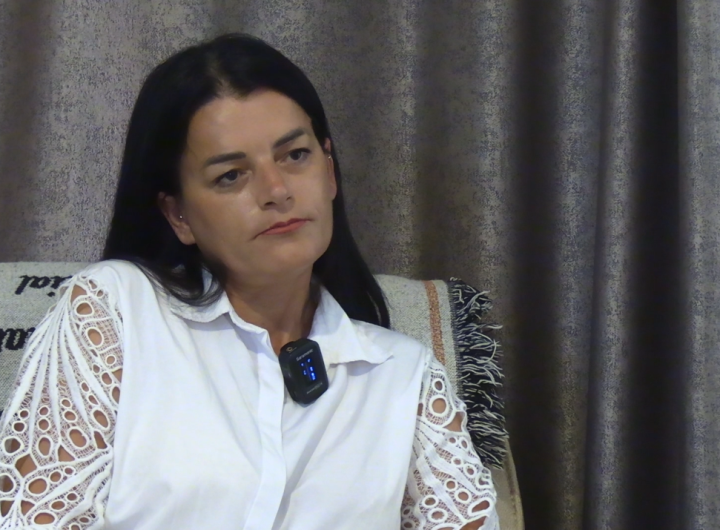 Vasfije Krasniqi-Goodman: Fighting for justice is what every survivor deserves
Vasfije Krasniqi-Goodman: Fighting for justice is what every survivor deserves